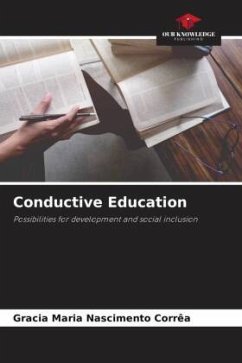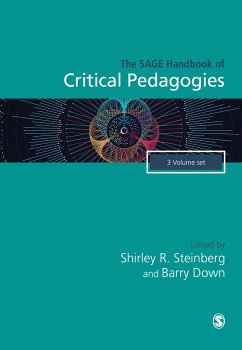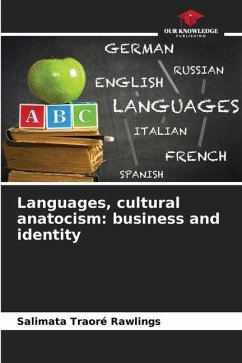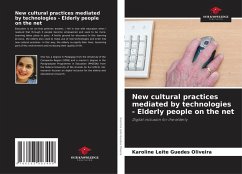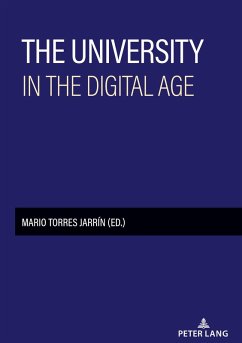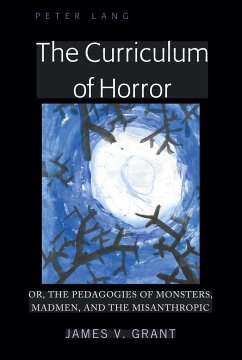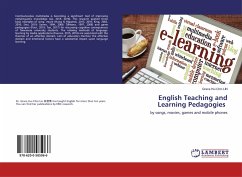
Identity narratives and cultural pedagogies
The special dancer
Versandkostenfrei!
Versandfertig in 6-10 Tagen
36,99 €
inkl. MwSt.

PAYBACK Punkte
18 °P sammeln!
This text, which is part of the field of Cultural Studies, aims to analyse the ways in which the book of chronicles The Efficiency of Disability acts pedagogically towards people who live with people with Down's Syndrome and how this book represents the identity of the special dancer. The main aim of this study is to show how the special dancer is represented through a normalised identity in the narratives and how the book A Eficiência na deficiência acts in people's lives as a cultural pedagogy. This research is justified by the fact that the subject proposed here is of great interest to ed...
This text, which is part of the field of Cultural Studies, aims to analyse the ways in which the book of chronicles The Efficiency of Disability acts pedagogically towards people who live with people with Down's Syndrome and how this book represents the identity of the special dancer. The main aim of this study is to show how the special dancer is represented through a normalised identity in the narratives and how the book A Eficiência na deficiência acts in people's lives as a cultural pedagogy. This research is justified by the fact that the subject proposed here is of great interest to education and Cultural Studies, as it presents a person with Down's Syndrome who becomes an efficient dancer. The methodology is based on bibliographical research using the book Efficiency in Disability and theoretical texts dealing with representation, identity, disability, efficiency and cultural pedagogies. The results of this work show the ways in which the young Lili has acquired to incorporate a "normal" identity through her efficiency, undergoing various changes.



